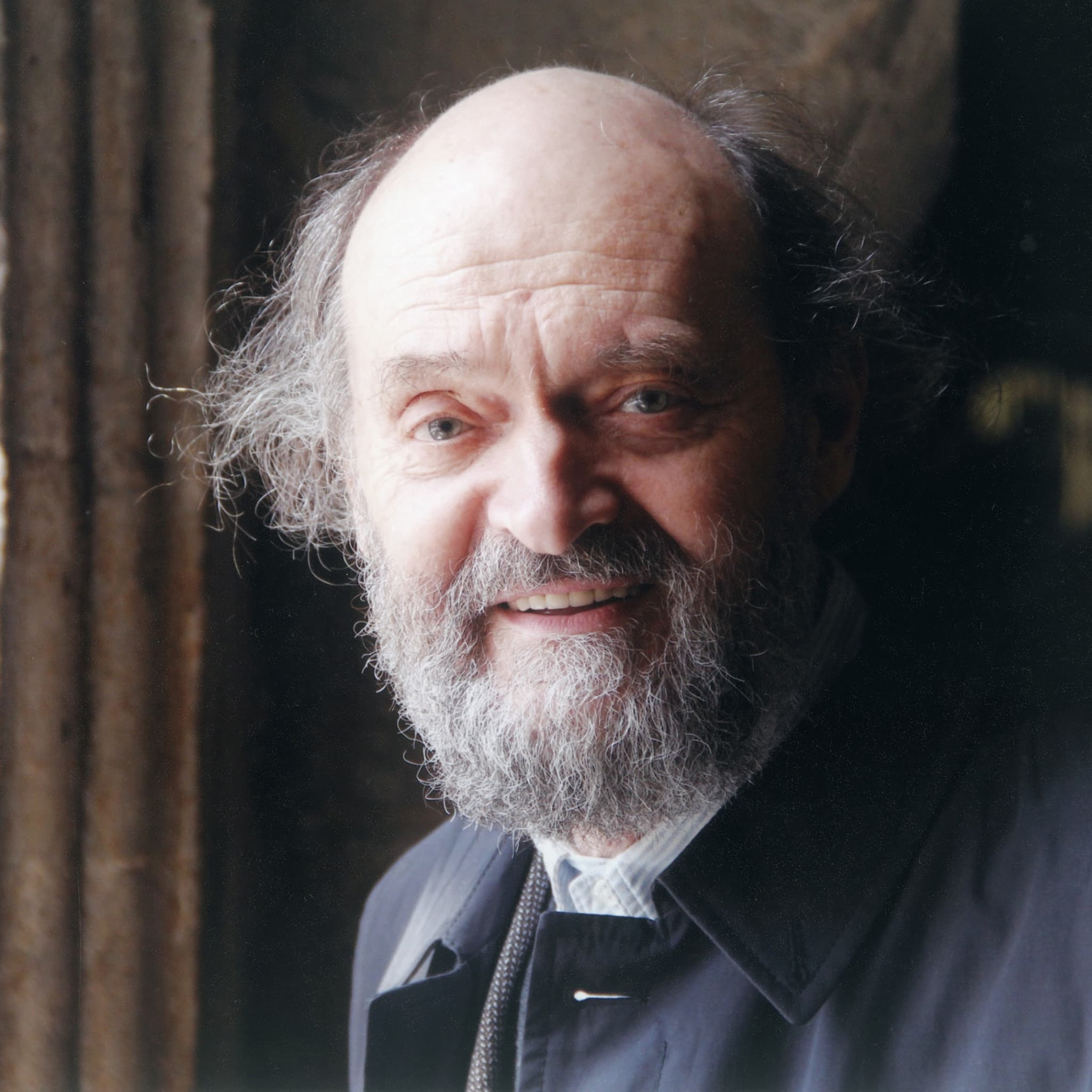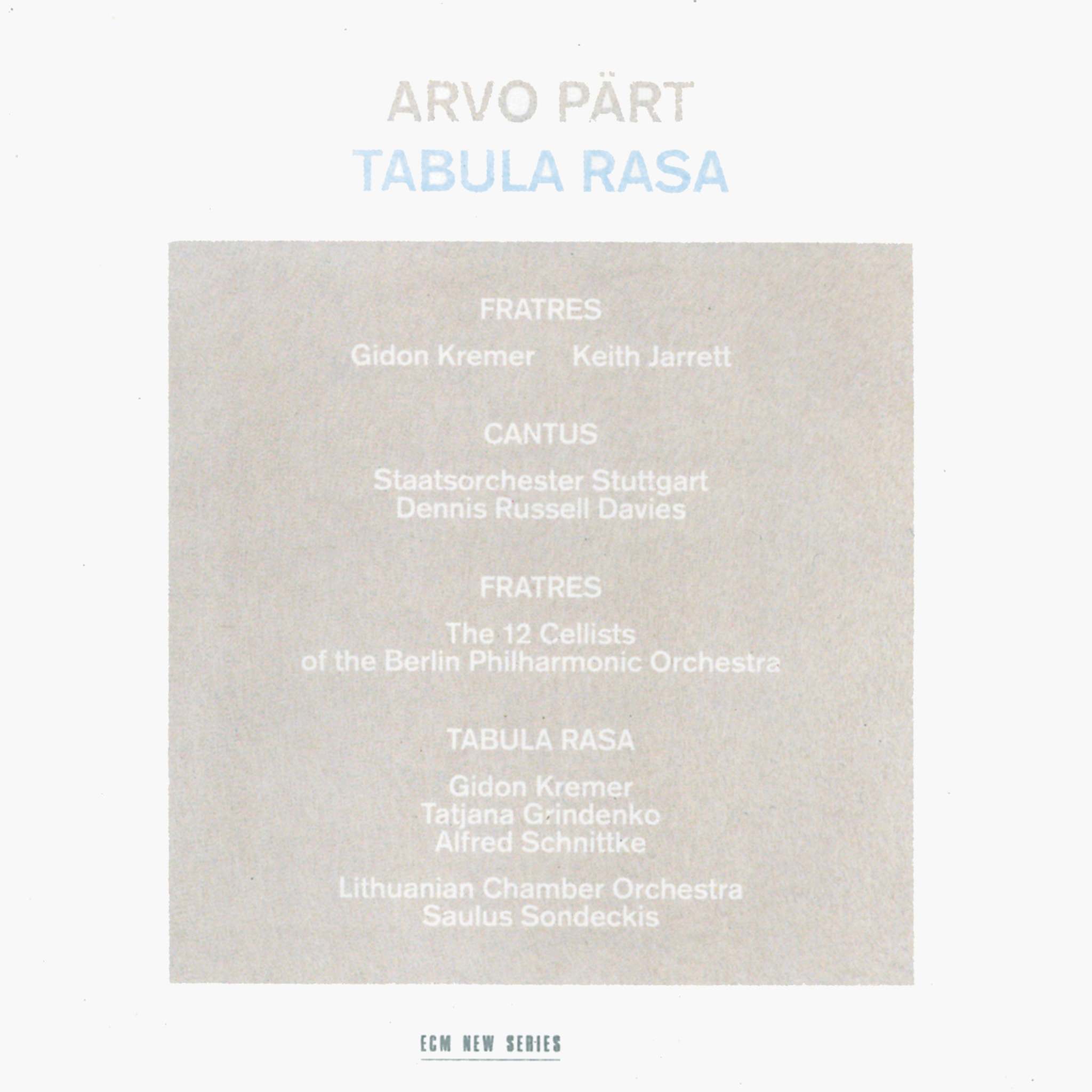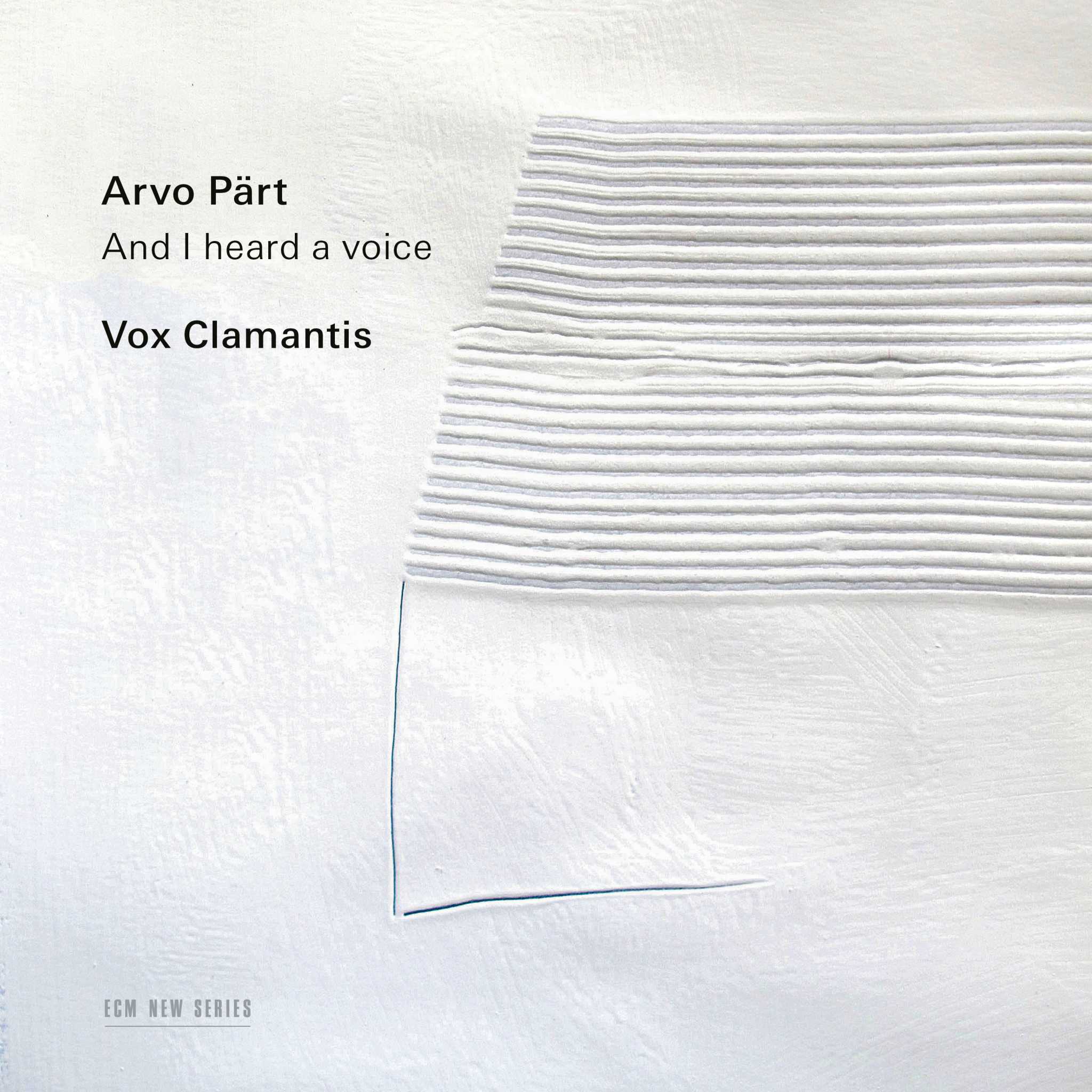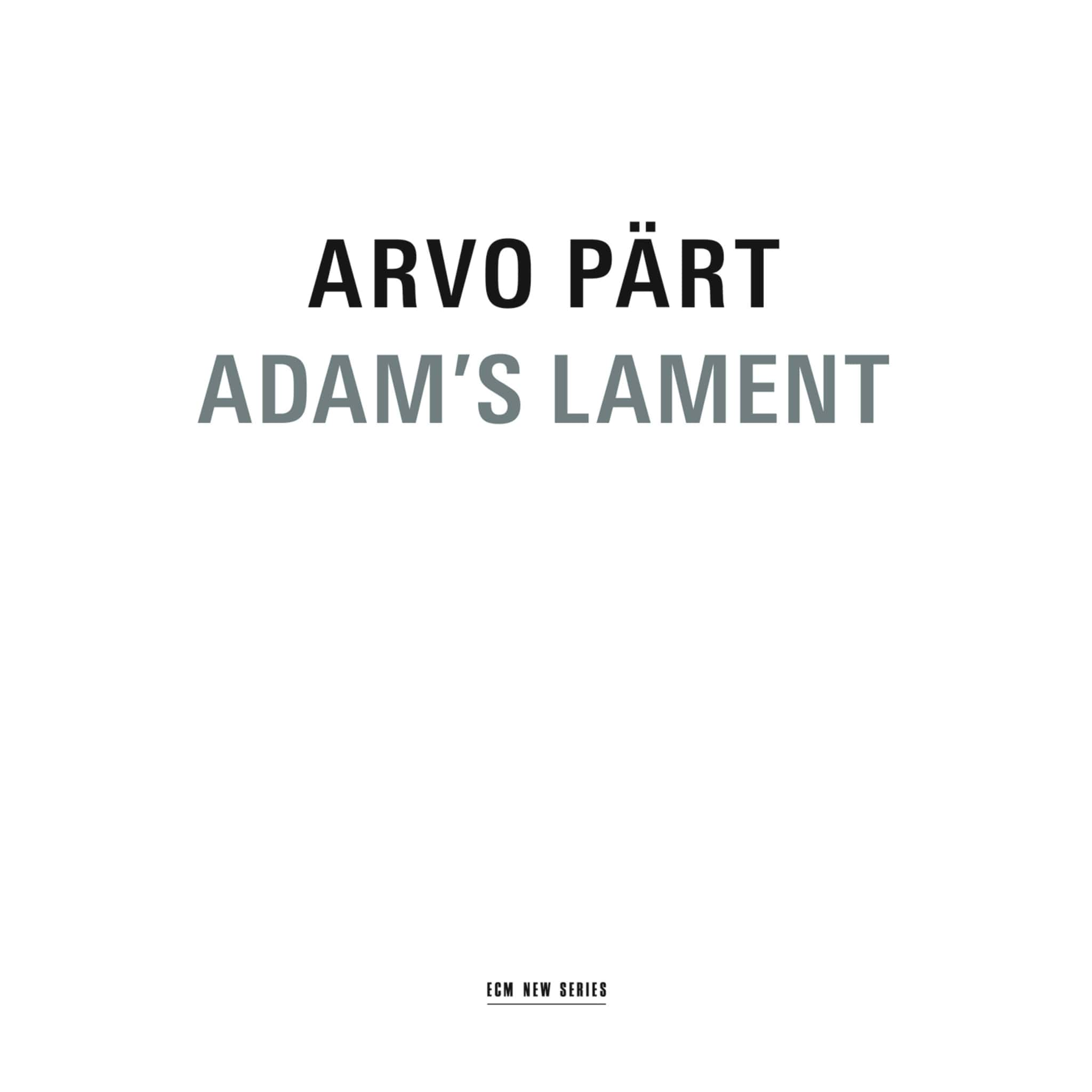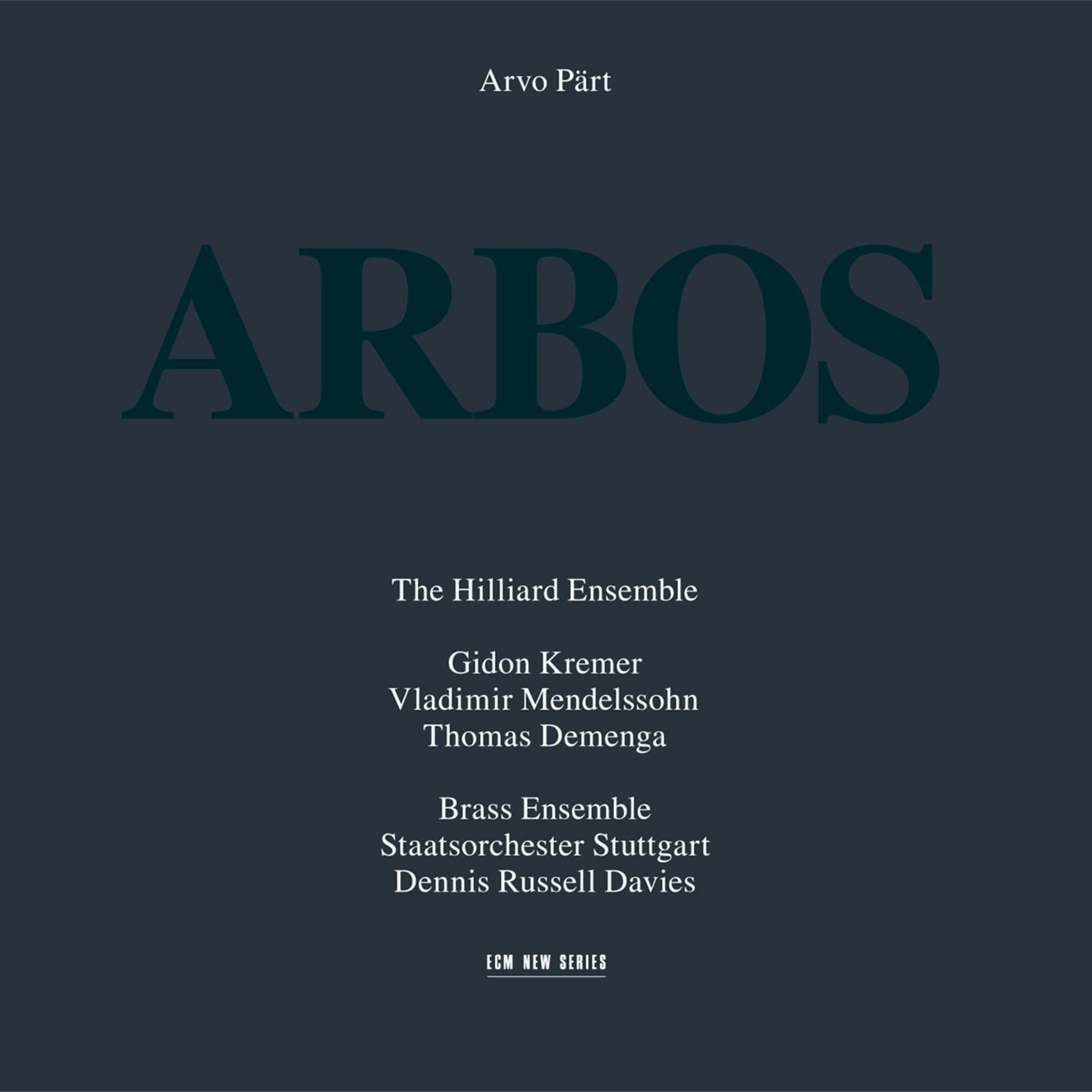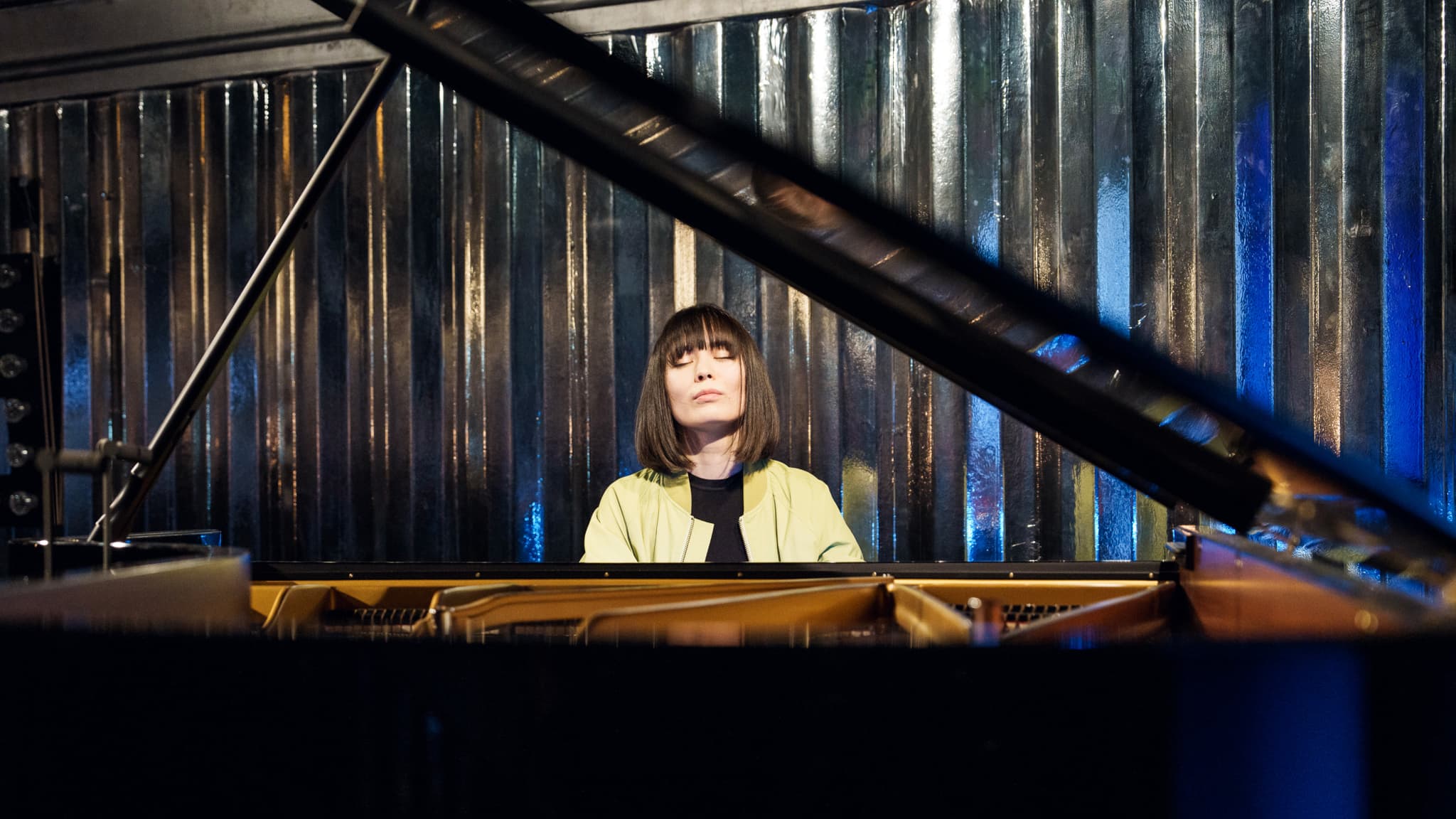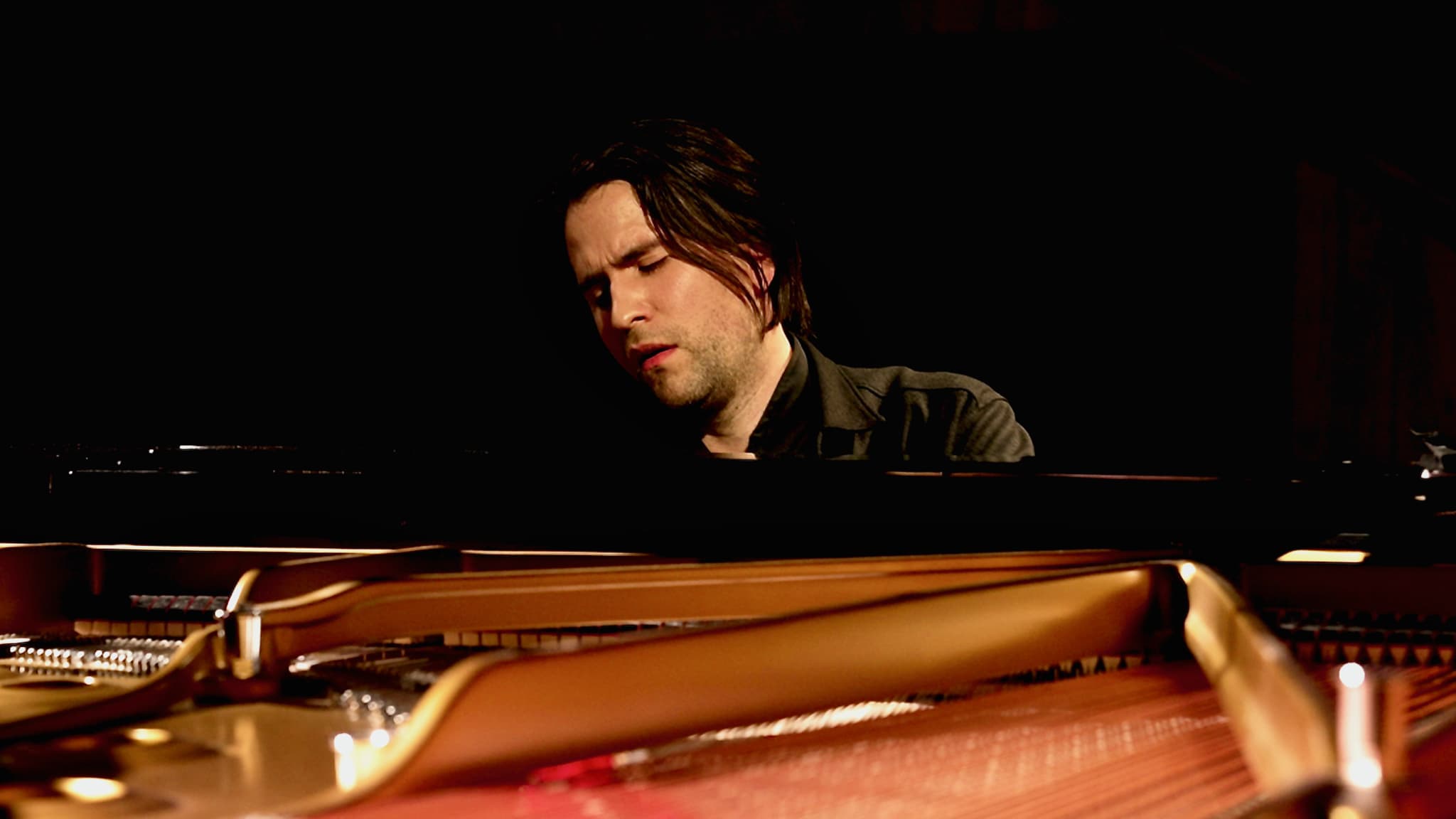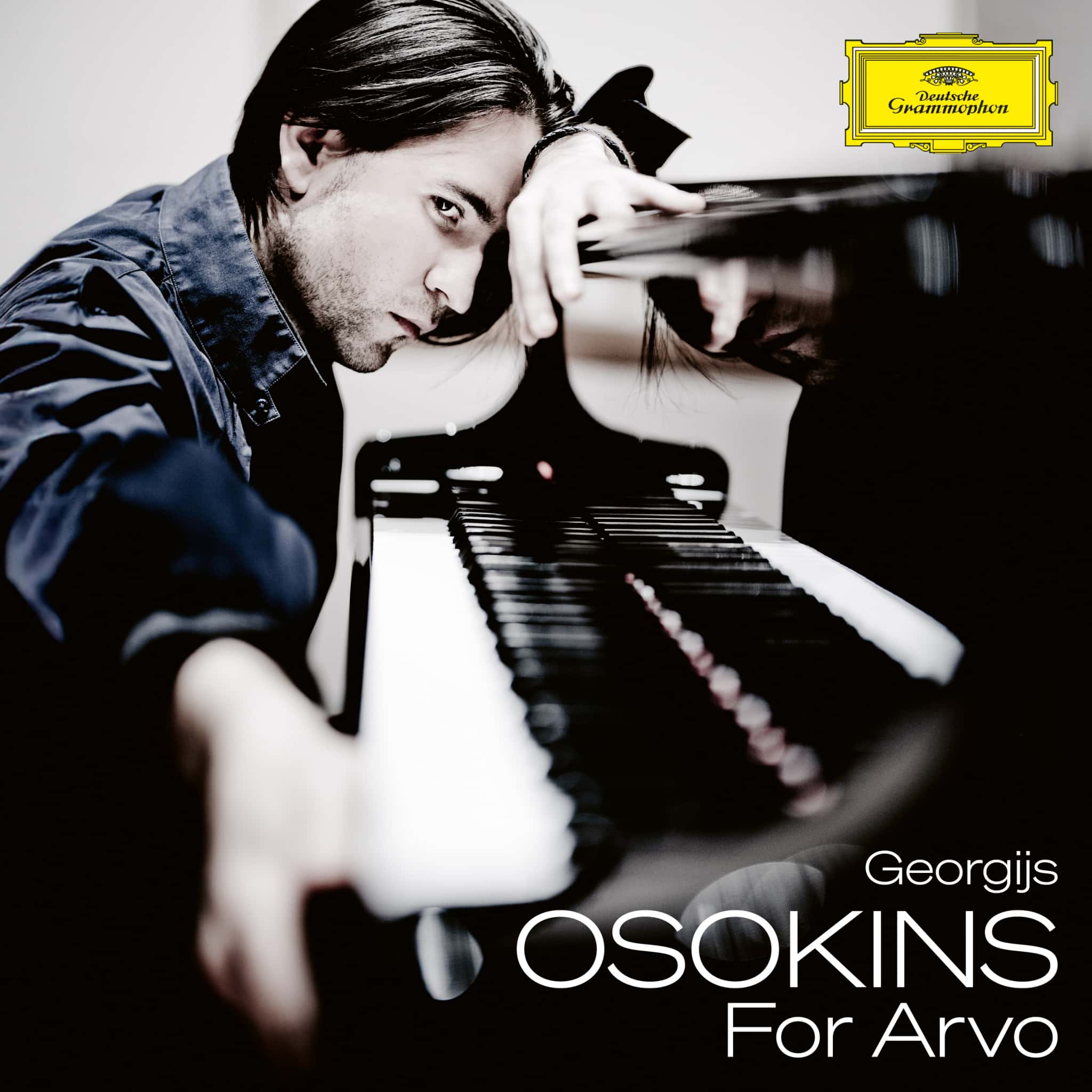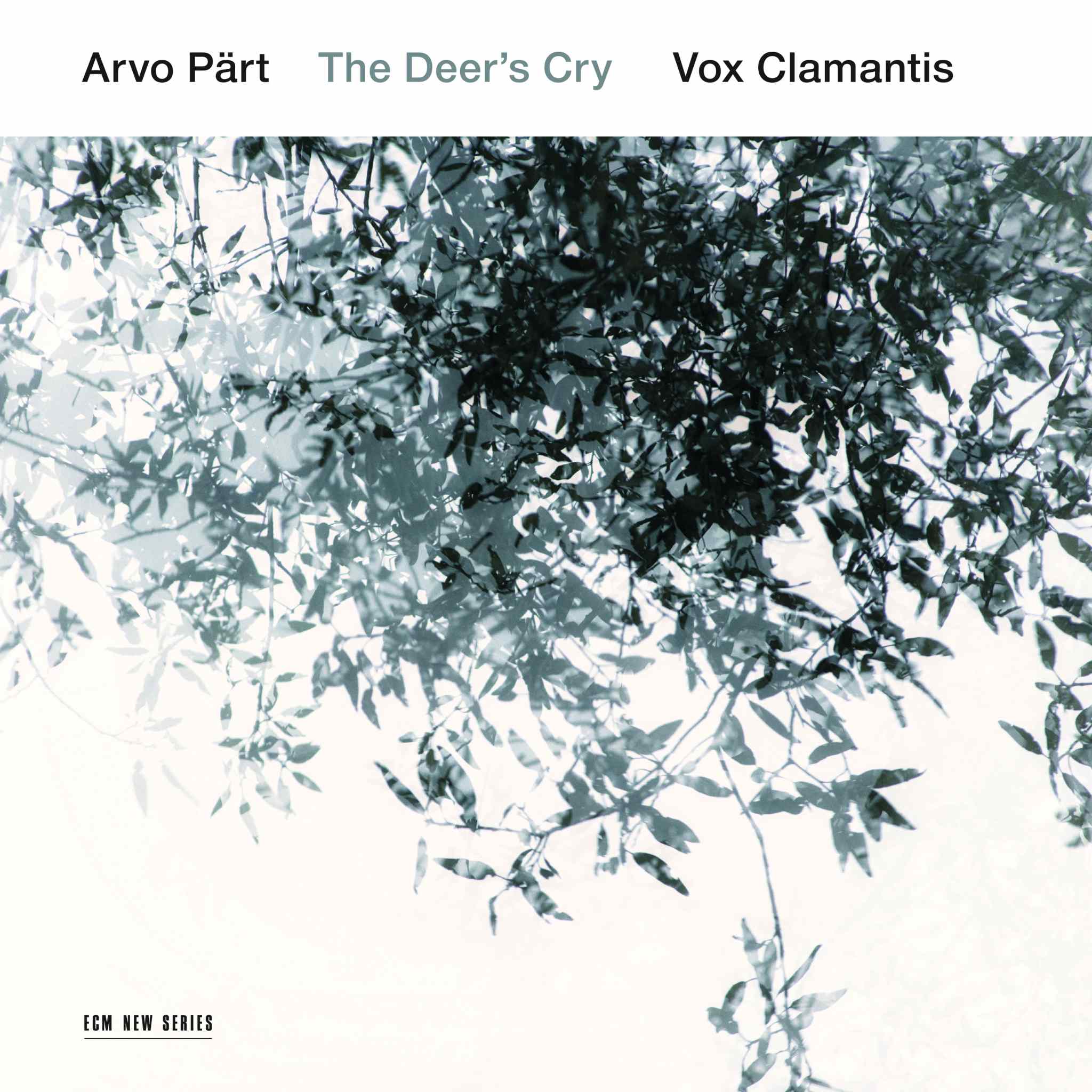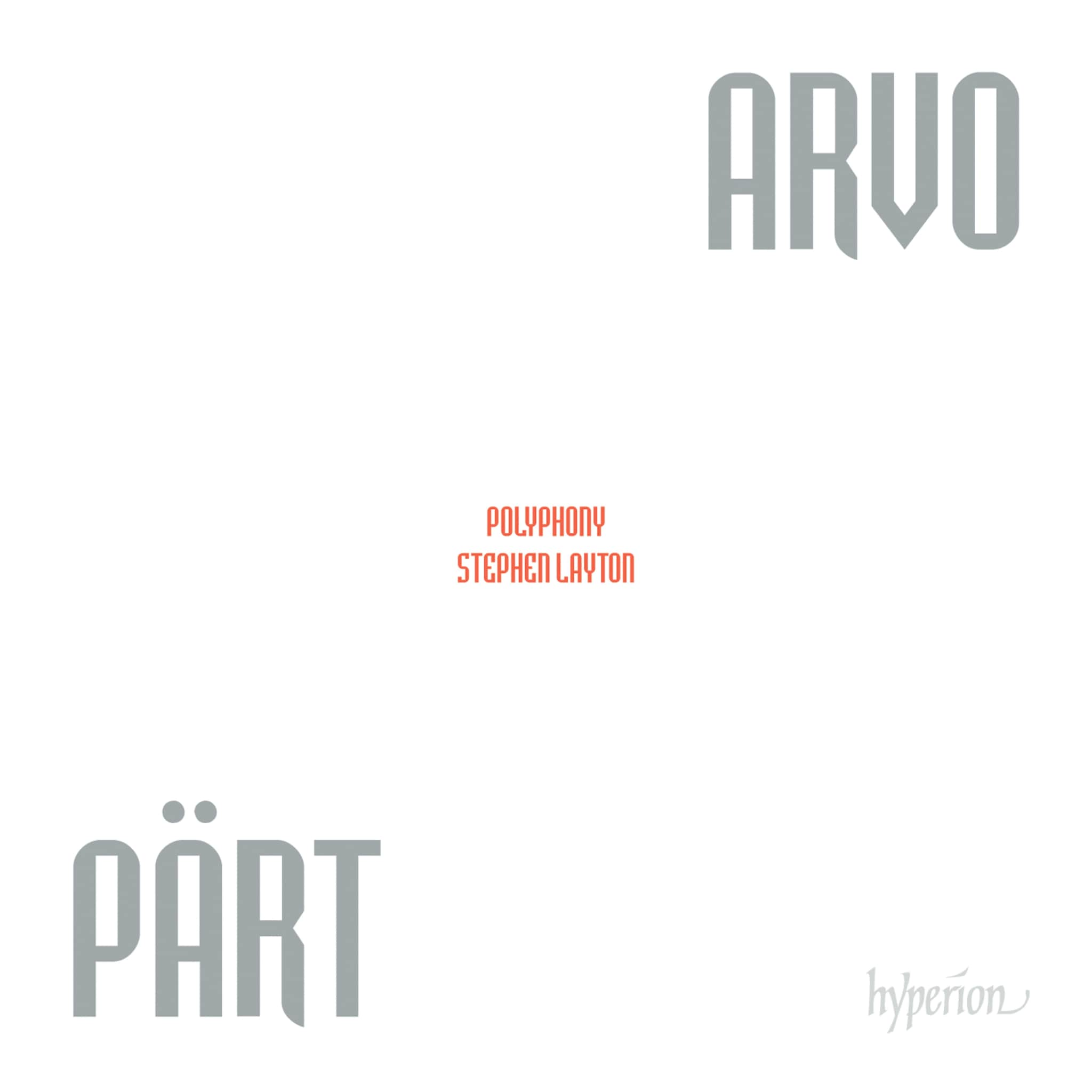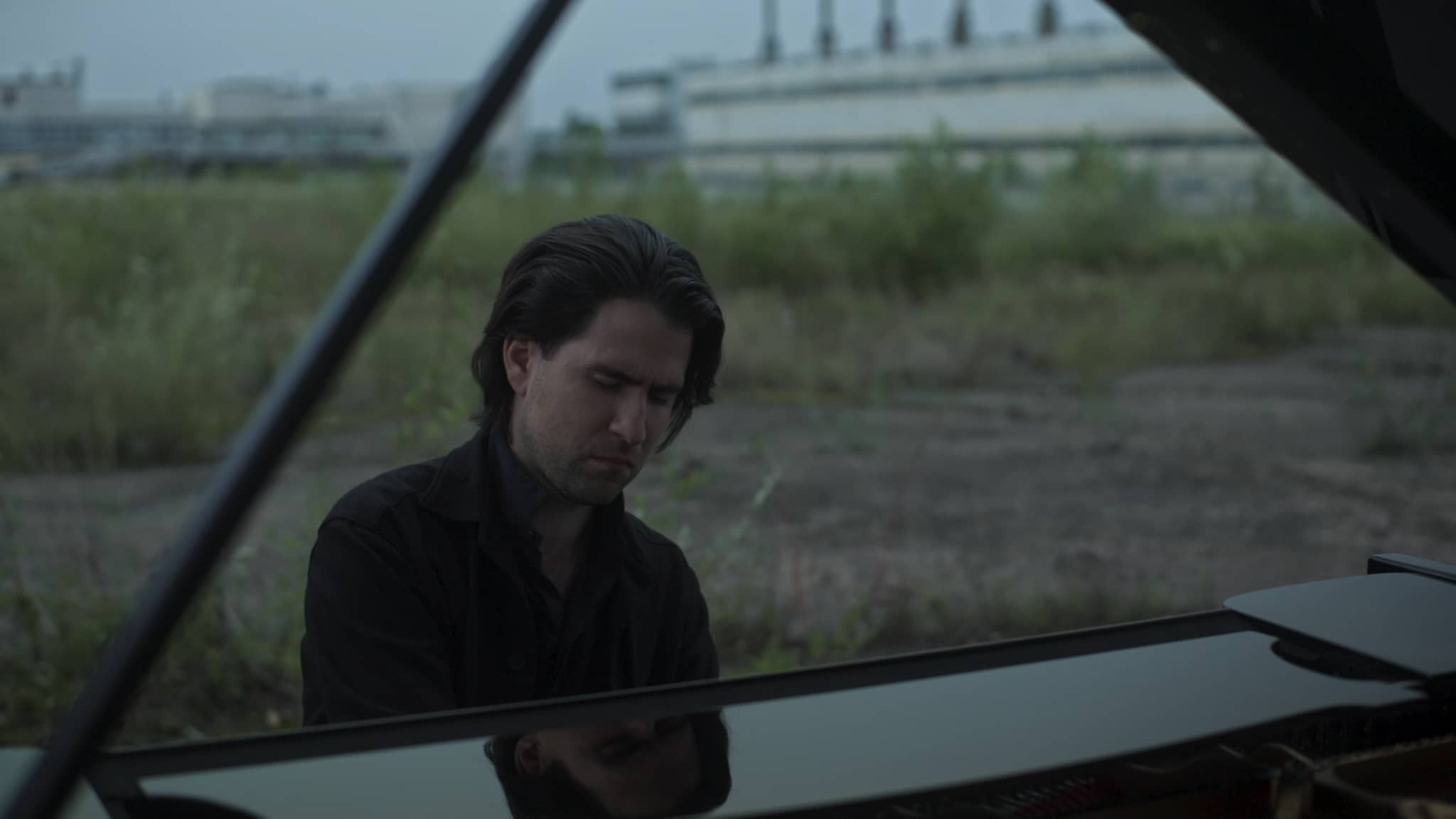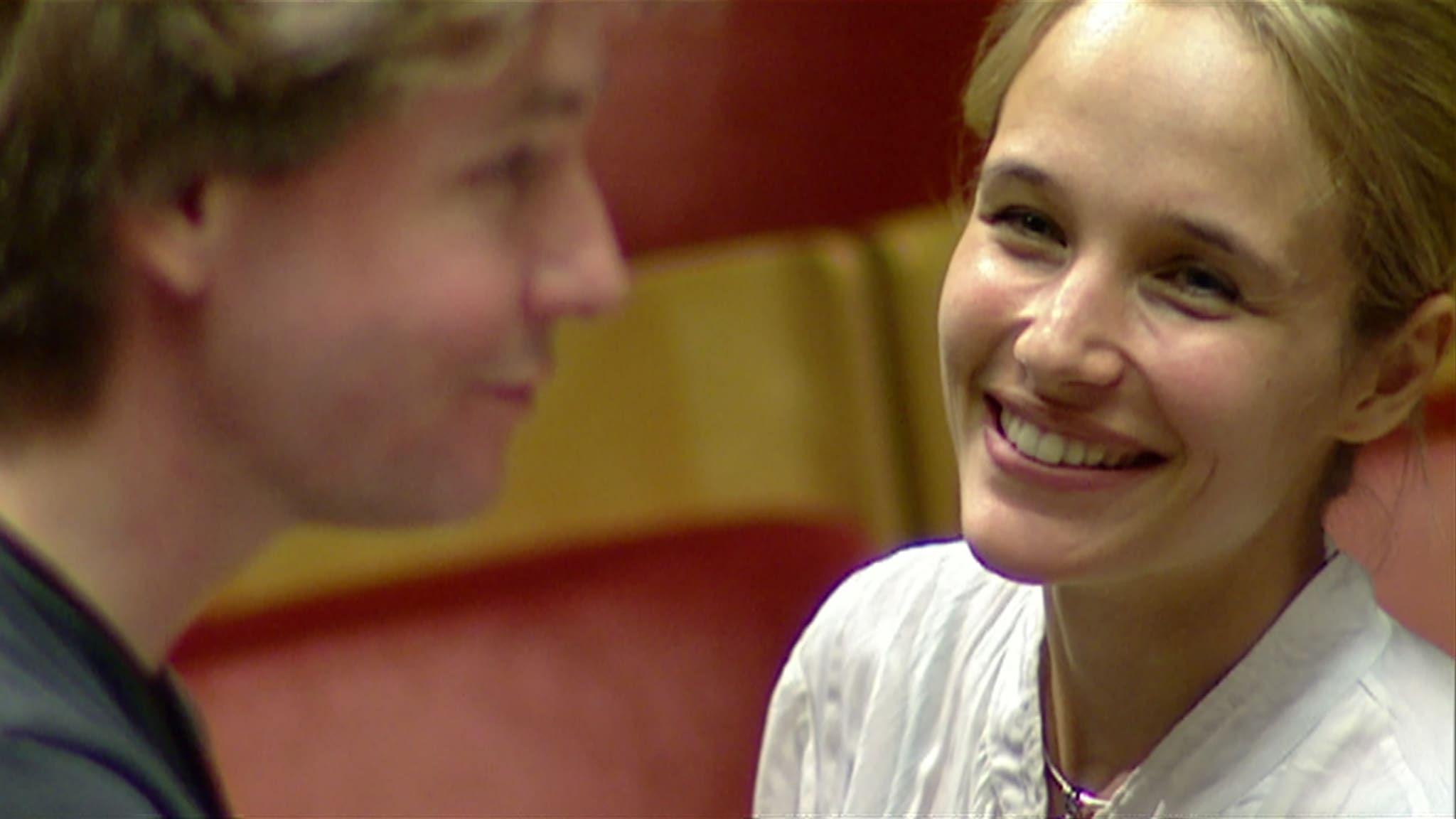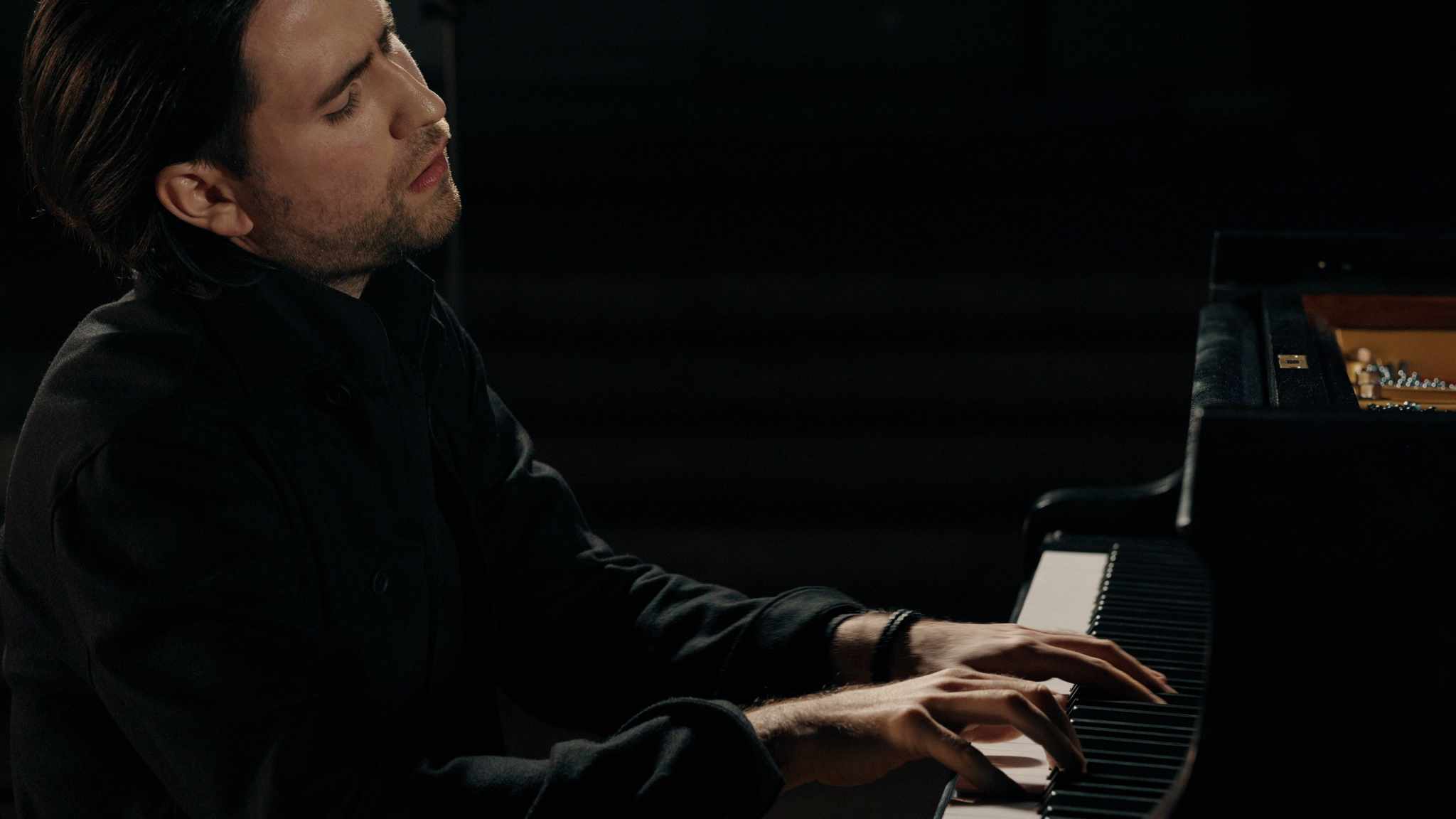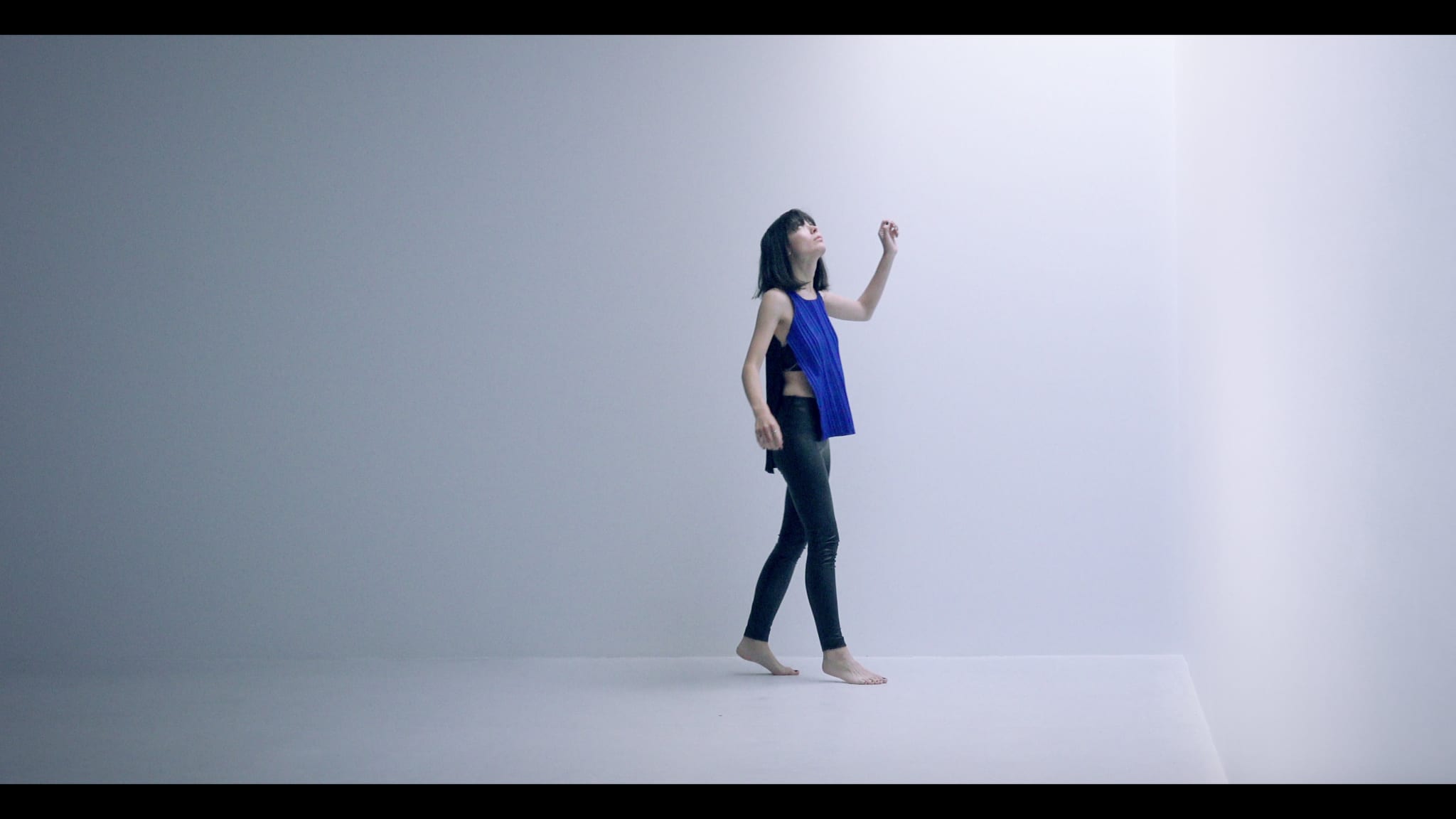Wichtige Alben
Konzerte und Opern
Alben
Erscheint auf
Interviews
Kurze Videos
InfosArvo Pärt

Seit Jan Garbarek und das Hilliard Ensemble 1993 musikalisch zusammengefunden haben, hat ihr gemeinsames Musizieren immer wieder zu überraschenden, höchst innovativen Wendungen geführt. Das bahnbrechende Album „Officium“, mit Garbareks Saxophon als frei gestaltender „fünfter Stimme“ des Ensembles, vermittelte gleich einen starken Eindruck von der musikalischen Vielseitigkeit und emotionalen Kraft dieser Verbindung. Mit ihrem 1998 erschienenen Doppelalbum „Mnemosyne“ schrieben sie die Geschichte fort und erweiterten das Renaissance-Repertoire durch Werke alter wie auch neuer Musik.
Nun, nach einem weiteren Jahrzehnt gemeinsamer Erfahrungen, gibt es ein drittes Album von Garbarek/Hilliard, das wie seine herausragenden Vorgänger im österreichischen Kloster St. Gerold von Manfred Eicher als Produzenten aufgenommen wurde. Treffend betitelt, steht „Officium Novum“ für musikalische Kontinuität, aber auch für den Aufbruch in neue Gefilde. Dem Geist von „Occident/Orient“ folgend, richtet das Album den Blick ostwärts, nimmt Armenien ins Visier und fokussiert sich auf die Kompositionen und Bearbeitungen von Komitas. Die Hilliards haben Komitas’ Werke, die in mittelalterlicher Kirchenmusik und der bardischen Tradition des Kaukasus wurzeln, bei ihren Besuchen in Armenien studiert, und Garbarek inspirieren die Stimmungen der Musik zu besonders intensivem Spiel. Auf der Reise durch Zeitalter und Länder haben die Musiker eine erstaunliche Vielfalt von Kompositionen zusammengetragen: „Officium Novum“ macht Station in Eriwan und Byzanz, in Russland, Frankreich und Spanien – und alles fügt sich ein in den dramaturgischen Fluss des Albums, weil die einzelnen Werke in einen größeren kompositorischen Rahmen eingebunden sind.
„Hays hark nviranats ukhti“ und „Surb, surb“ gehören zur Göttlichen Liturgie der Heiligen Messe, die Komitas Vardapet (1869–1935) zu verschiedenen Gelegenheiten und für unterschiedliche Ensembles arrangierte. Die hier zu hörenden Versionen basieren auf den 1914/15 in Konstantinopel entstandenen Fassungen für Männerstimmen. „Hays hark nviranats ukhti“ ist ein traditionell zu Beginn der Messe, während das Weihrauchfass geschwenkt wird, gesungener Hymnus. „Surb, surb“ (Heilig, heilig) entspricht dem „Sanctus“ der Lateinischen Messe.
„Ov zarmanali“ ist ein Choral zur Taufe Christi (Sonntag nach Epiphanias), der nach der Segnung des Wassers gesungen wird, und „Sirt im sasani“ ein Hymnus des „Votnlva“ (der rituellen Fußwaschung am Gründonnerstag). Diese Werke von Komitas stammen aus der Zeit zwischen 1910 und 1915, doch ihre Ursprünge reichen bis in die Antike zurück. Als Musikethnologe und progressiver Komponist/Philosoph zeigte Komitas nicht nur, dass sich die armenische Kirchenmusik aus der Volksmusik entwickelt hatte, sondern verwendete ganz bewusst volksmusikalische Stile, um daraus eine neue Kunstmusik für seine Epoche zu schaffen.
Auch andere Werke im „Officium Novum“-Programm überbrücken Jahrhunderte; in der konzentrierten Annäherung des Garbarek/Hilliard-Ensembles fließen mittelalterliche und zeitgenössische Musik zu einem charakteristischen Gruppenklang zusammen. Jan Garbarek steuert zwei Kompositionen bei. „Allting finns“ ist eine Vertonung des Gedichts „Den Döde“ (Der Tote) des Schweden Pär Lagerkvist (1891–1974), während „We are the stars“, zuletzt gehört auf Garbareks Album „Rites“, auf einem Gedicht der nordamerikanischen Pasamaquoddy-Indianer basiert.
Längstes Stück ist das dreizehnminütige „Litany“, das spirituelle und musikalische Einflüsse schöpferisch zusammenführt: Dem aus der altorthodoxen Tradition stammenden „Otche Nash“ ist ein Fragment der „Litanei" von Nikolai N. Kedrow vorangestellt. Kedrow (1871–1940) war ein Schüler Rimsky-Korsakows, Mitbegründer des Kedrow-Quartetts, eines unter Leitung von Sergei Diaghilew konzertierenden Vokalensembles, und Urheber zahlreicher Kompositionen und Liedarrangements, die ihren Weg in das Repertoire orthodoxer Chöre gefunden haben.
Arvo Pärts „Most Holy Mother of God“, 2003 für das Hilliard Ensemble geschrieben, ist hier in makelloser A-capella-Klarheit zu hören. Die Hilliards haben überzeugend für Pärts Musik geworben und sind im Gegenzug von der Schlichtheit seiner Kompositionskunst sicher nicht unberührt geblieben.
Das byzantinische „Svete tihij“ (Freudenreiches Licht), komponiert im dritten Jahrhundert, gehört zu den ältesten Chorälen des Christentums und begleitete einst den Einzug der Priester in die Kirche sowie das Entzünden der Abendlampe bei Sonnenuntergang. Das spanische „Tres morillas“ aus dem „Cancionero de Palacio“ des 16. Jahrhunderts verbreitet eine andere Art von Licht und untermalt mit seinem tänzerischen Rhythmus die Geschichte einer verlorenen Liebe.
Perotins „Alleluia. Nativitas“ ist die Neufassung eines Stückes, das bereits auf „Mnemosyne“ enthalten war – die Freiheit der Interpretation belegt, wie sehr das Projekt als Ganzes seit seinen Anfängen in der ECM New Series gewachsen ist.
Was das Saxophon betrifft, bietet sich ihm aus improvisatorischer Sicht auch hier ein außergewöhnlich klarer, unverstellter Kontext, der reichlich Gelegenheit gibt, Jan Garbareks Kreativität zu erleben. Garbarek nähert sich der Musik immer noch frei, er improvisiert mit den Solisten, setzt irrlichternde Kontrapunkte, webt mit am Vokalgeflecht, spinnt Fäden weiter und wirkt so mit an einem erneuten Beweis dafür, was der englische Evening Standard einmal „mit die schönste akustische Musik, die je gemacht wurde“ genannt hat.
Das Album endet mit George Seferis’ Gedicht „Nur ein weniges noch“ aus dem 1935 entstandenen Zyklus „Mythistorema“, gelesen von Bruno Ganz, das bereits auf dem ECM-Album „Wenn Wasser wäre“ mit Gedichten von T.S. Eliot und Seferis zu hören war.
